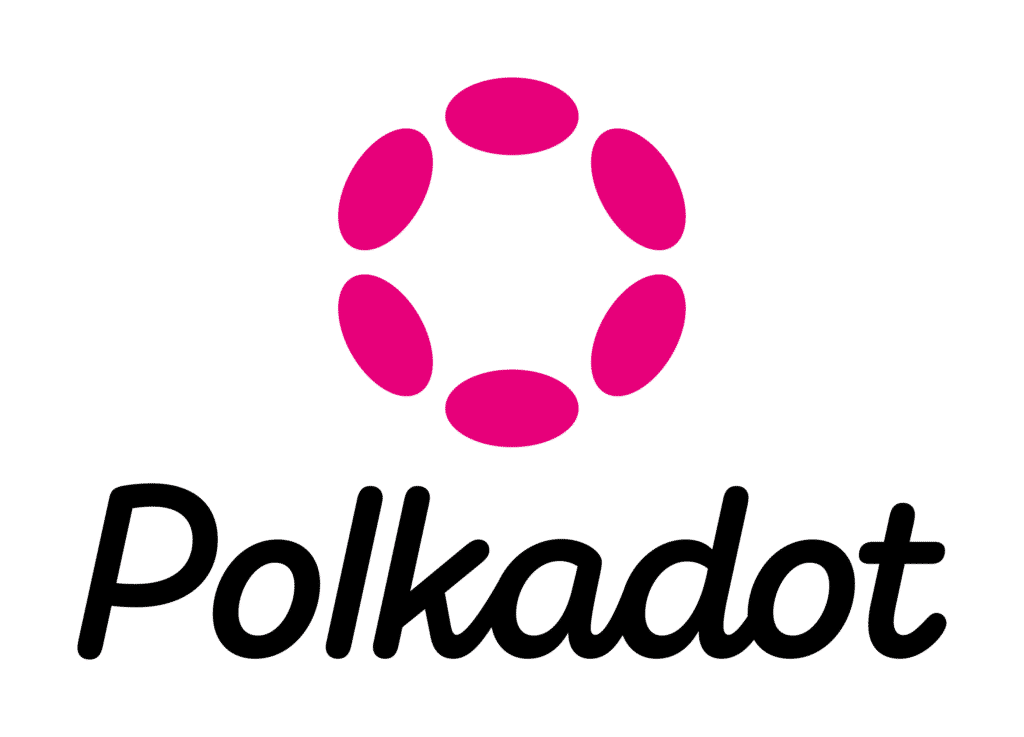Polkadot Training
Be at the forefront of this innovative ecosystem.
Become A Polkadot DApp Developer
Unlike platforms that run apps on an existing blockchain, with Polkadot, each developer creates their own blockchain known as a “parachain” or “parathread” and interoperable blockchain that can communicate with other blockchains. Polkadot gives developers far more control than typical decentralized application platforms. Get in the blockchain game. Get started in Polkadot DApp development.
Why DApp360 Workforce?
Our team is experienced and certified in blockchain decentralized application development. We are blockchain experts, enthusiasts, investors, traders, and analysts – in other words, we live and breathe DApp because we recognize the growing and virtually unlimited opportunity in crypto/blockchain.
That’s why we have immersed ourselves in decentralized application development, going beyond participating ourselves to placing proven talent, training experienced developers, and even mentoring potential developers. Cardano, Ethereum, Polkadot, and Solana are the future. Don’t you want to be part of it?

DApp360 Workforce Polkadot Training Program – What You Will Learn

Program Info.

Training Structure

Expectations
Course Curriculum
Polkadot Training Program
- Introduction to Blockchain As a Technology
- Cryptography and Consensus Algorithms In-Depth
- Design of Decentralized Applications (DApps), DAOs
- Security and Design Fundamentals
- Use-Case Analysis of Cutting-Edge Blockchain Solutions
- Challenges in Blockchain, Future of Blockchain
- Analysis and Design of Decentralized Solutions
- Cardano Overview:
- UTXO Concept
- Cardano Blockchain Layers (CSL and CL)
- Epochs and Slots
- 3 Cardano Pillars – Sustainability, Interoperability, Scalability
- Various Components of Fabric and HLF Architecture
- Golang Programming
- Docker Overview
- Setup of the HLF Protocol and Framework, Blockchain Explorer
- Chain Code
- Contract-APIs
- Supply Chain Use Case Requirements and Chaincode Development
- Chaincode Concepts Such As: Rich Queries, Private Data Collections, History of an Asset
- Unit Testing
- Project
- Configuration of Services Using YAML
- Customizing the Network for a Supply Chain Use Case
- Configuration of Membership Services and Identity Management
- Creation of Fabric Certificate Authorities and Issuing Certificates
- Ledger, Chaincode Queries
- Using the NodeSDK for Identity Issuance, Chain Code and Ledger Queries
- Upgrading the Network, Adding Peers to an Existing Organization
- Adding Organizations to Existing Networks
- Creation of REST APIs, Integration With Front-End
- Project
Learn With The Experts
No team members found.
Where Our Graduates Work





